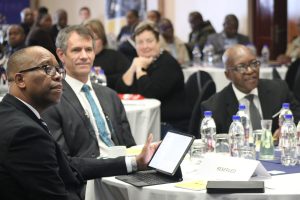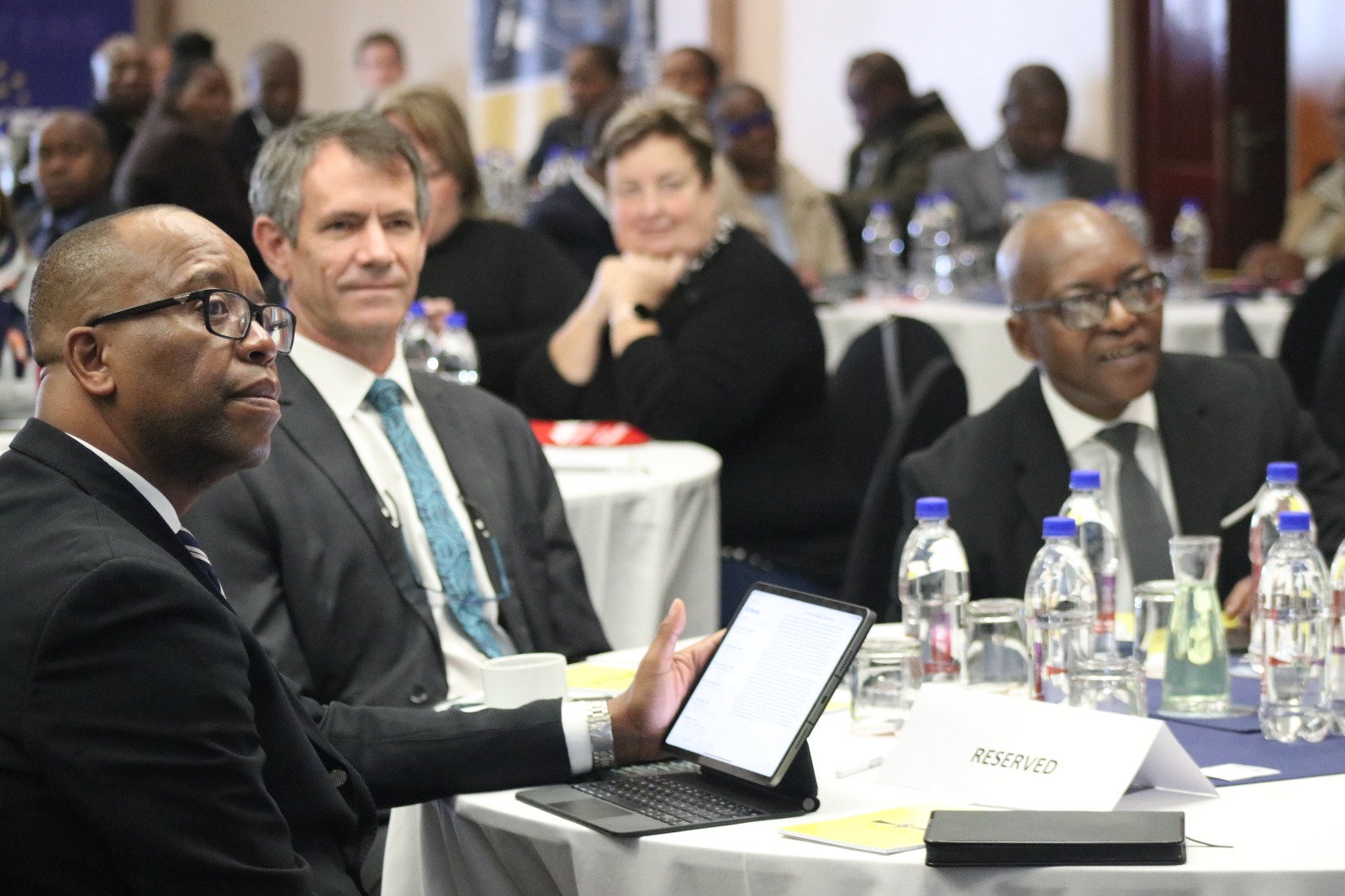By Ncaba Ntshakala
Business Eswatini (BE), known as the “Home of Business,” has hosted a successful Annual Tax Indaba at the Royal Villas in Ezulwini on Wednesday.
The event brought together key stakeholders, including the Minister of Finance Neal Rijkenberg, Business Eswatini President Mvuselelo Fakudze, and BE Vice President of Trade and Commerce Muzi Siyaya.
The engagements aimed to discuss and refine Eswatini’s tax policies to foster economic growth and development.
In his address, Minister Neal Rijkenberg highlighted the importance of effective tax legislation and administration in financing public services, investing in infrastructure, and ensuring citizen welfare.
He emphasized the need for a dynamic and responsive tax system that supports private sector growth, particularly for small and medium-sized enterprises (SMEs).
ALSO READ: Nigeria drops tax charges against Binance executives
“SMEs are the backbone of our economy,” he stated, highlighting their role in driving innovation, job creation, and GDP contribution, despite the unique challenges they face with complex tax regulations.
The Minister also stressed the significance of collaboration between the government, the business community, the Eswatini Revenue Service, and other stakeholders to design supportive tax policies while maintaining fiscal stability.

He commended the recent engagement between the Eswatini Revenue Service (ERS) and Business Eswatini with the UNDP Team of Experts on aligning the tax system with the Sustainable Development Goals (SDGs), specifically focusing on SDG 5, 9, 16, and 17.
This alignment aims to simplify tax processes, reduce compliance costs, and eliminate bureaucratic hurdles.
“In this regard, I was pleased to hear that ERS and Business Eswatini recently enaged with the UNDP Team of Experts on the Sustainable Development Goals (SDG’s) Taxation Framework with the focus on aligning the tax system with SDG 5, 9, 16, and 17.” The Minister stated.
“The goal is to simplify tax processes, reduce compliance costs, and eliminate unnecessary bureaucratic hurdles that hinder business operations.
ALSO READ: ERS launches income tax order amendments, set for July 1st
We will also be looking at ways to make our tax system more transparent and predictable, providing businesses with the certainty they need to plan and invest for the future.”
Furthermore, Rijkenberg announced commitments to enhance tax dispute resolution mechanisms, ensuring they are efficient, fair, and accessible to foster a more business-friendly environment.
He encouraged active participation from the business community in the policy-making process, reiterating the government’s dedication to creating a tax system that meets revenue needs while supporting broader economic goals.
“Together, we can build a tax system that empowers businesses, encourages investment, and drives sustainable development,” he concluded.


